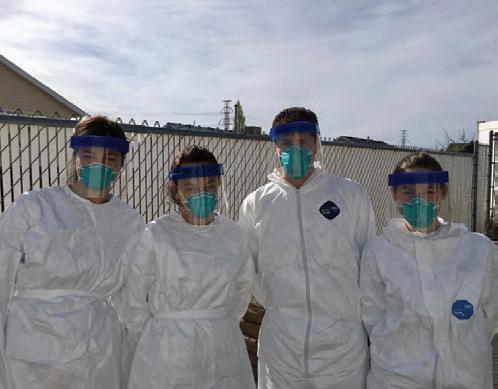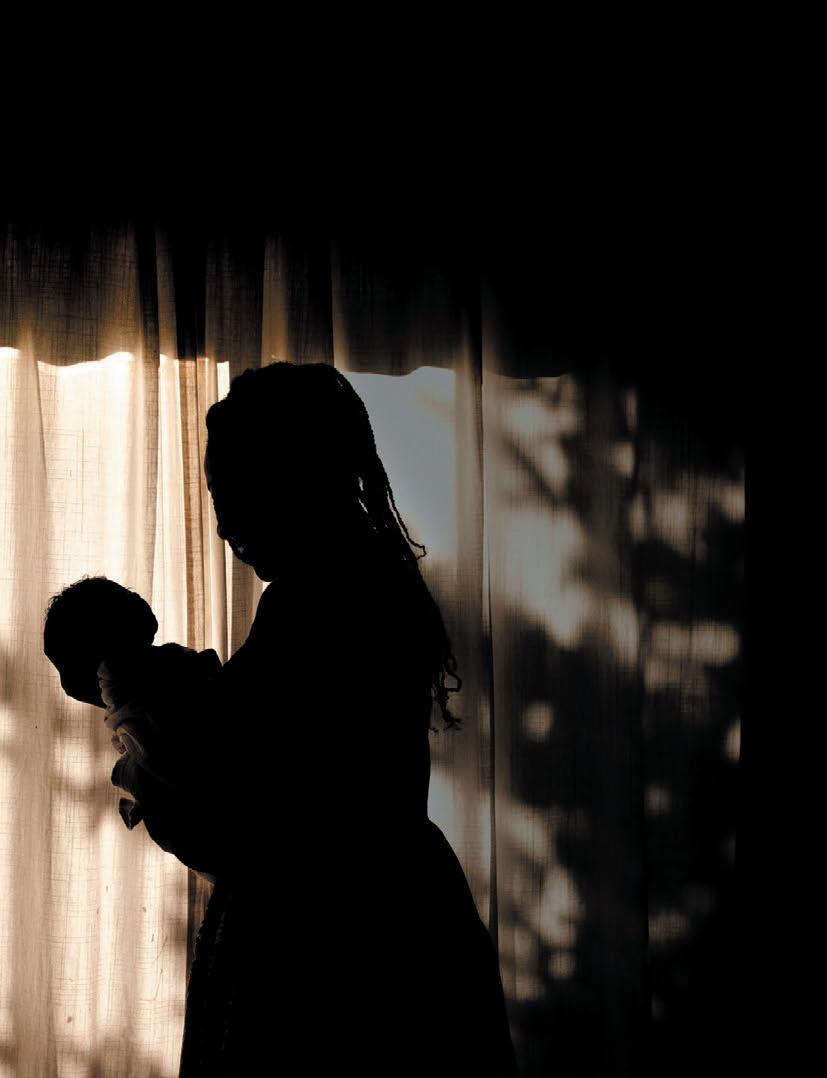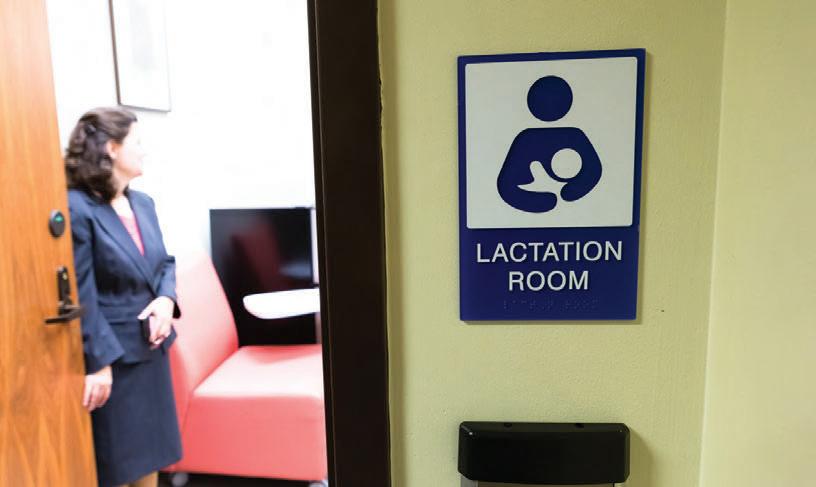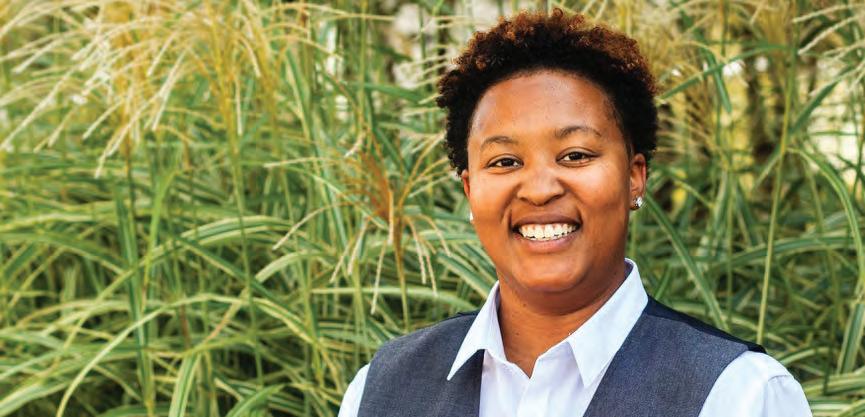
2 minute read
Time to Leave Behind Status Quo Public Health
By Andrea Swartzendruber, Assistant Professor, Department of Epidemiology & Biostatistics
It’s not news that public health has taken many “hits” lately. Oppression, silencing, hardship, and skepticism seem to be greater threats than ever. Except they aren’t.
Given our population health goals, effectively addressing oppression, silencing, hardship, and skepticism, should be at the forefront of our field’s leadership and expertise. Except they aren’t.
Persistent and deeply-rooted racial disparities remain woeful hallmarks of health in the United States and globally, whether we consider the novel coronavirus, police brutality, maternal mortality, or almost any other health condition.
It’s often said that you don’t see the best of public health, the cases averted, the diseases prevented. As a public health professional with over 20 years of experience, I also express with love, disappointment, and optimism that we have yet to see the best from our field.
Based on what I have learned working with local reproductive justice organizations, I don’t think we are going to come close to our best until we collectively engage in at least four fundamental priorities.
1) Shift power and center people most burdened by disparities as leaders in research and solutions.
2) Grow a more diverse public health workforce and support new leaders.
3) Name & address racism and other oppressions (gendered, economic, environmental) as root causes of disease and disparities that frequently impact the same bodies.
4) Support the leadership of and join together with organizers and movement builders focused on social determinants of health.
In short, effective public health advocacy might be best achieved by availing ourselves to be organized by, conspire with, and work in coalition with a diverse set of leaders with whom we share similar goals, if not always a similar vocabulary.
People most affected by oppression – organizers, our colleagues and trainees, movement builders, groundbreakers, scholars, and culture shifters – want us to follow through on our ideals. Status quo public health and narrowly-focused agendas are not sufficient to achieve health equity, where all people have the opportunity to maintain and achieve their full health potential, let alone equity and justice more broadly.
TOGETHER WE GO FARTHER.
Public health professionals have a responsibility to earnestly leverage our expertise, voices, skills, funds, connections, and privileges to center issues and people and to show up in ways that we might not have before. In the words of Albert Einstein, “We cannot solve our problems with the same thinking we used when we created them.”
Perhaps in some ways, we in public health need to start asking different people different questions. How do we/I show up better? I encourage us to ask, listen, and help provide what’s needed, whether it’s in our neighborhoods, workplaces, or beyond.
Lastly, voting and civic engagement are paths toward justice, economic power, and improved health. I challenge each of us to find at least one way today to engage in our democratic process and to support others’ engagement.

With a focus on women’s sexual and reproductive health, Dr. Swartzendruber approaches her research and teaching through a social justice lens. She acknowledges the following organizations for shaping her understanding of reproductive rights issues: SisterSong, SisterLove, Access Reproductive Health Southeast, Feminist Women’s Health Center, and National Asian Pacific Women’s Forum.










